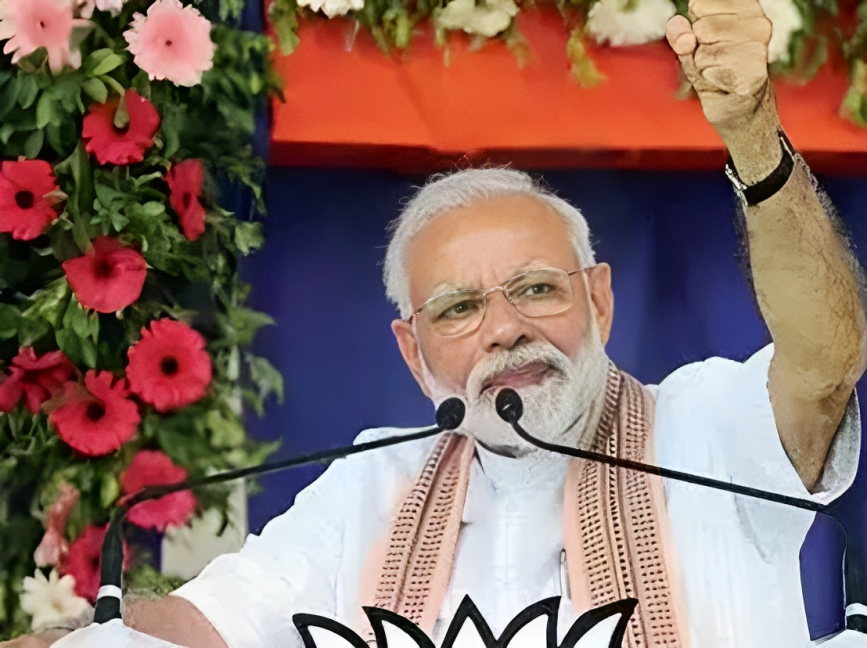Prime Minister Narendra Modi, while addressing a Rashtriya Ekta Diwas program at the Statue of Unity in Gujarat’s Ekta Nagar, criticized those engaging in what he called “appeasement politics.” He accused them of hindering the country’s development and of siding with the enemies of humanity.
PM Modi asserted that individuals practicing appeasement politics often fail to grasp the gravity of terrorism and hesitate to investigate terrorist activities. He also noted their reluctance to take strong measures against anti-national elements and their tendency to seek legal recourse to protect terrorists. He cautioned the public to be vigilant about such ideologies.
Furthermore, the Prime Minister warned against the detrimental effects of appeasement politics, suggesting that it goes against the interests of the nation. He made a veiled reference to the grand alliance of the Opposition, implying that their methods are divisive and detrimental to the country.
PM Modi reminded the audience of upcoming elections, both later in the year and the Lok Sabha polls in 2024. He alleged that certain politicians seek to gain from dividing India, prioritizing their self-interest over national unity.
Speaking about the revocation of Article 370 in Jammu and Kashmir in August 2019, the Prime Minister expressed confidence that Sardar Patel, India’s first Deputy Prime Minister and Home Minister, would approve of the government’s decision. He highlighted the positive impact of this move on the region, enabling the people of Kashmir to live free from the grip of terrorism and contribute to the country’s progress.
Sardar Vallabhbhai Patel, born on October 31, 1875, in Gujarat’s Nadiad, is celebrated for his role in uniting all 562 princely states into the Republic of India after independence. He passed away on December 15, 1950.


















